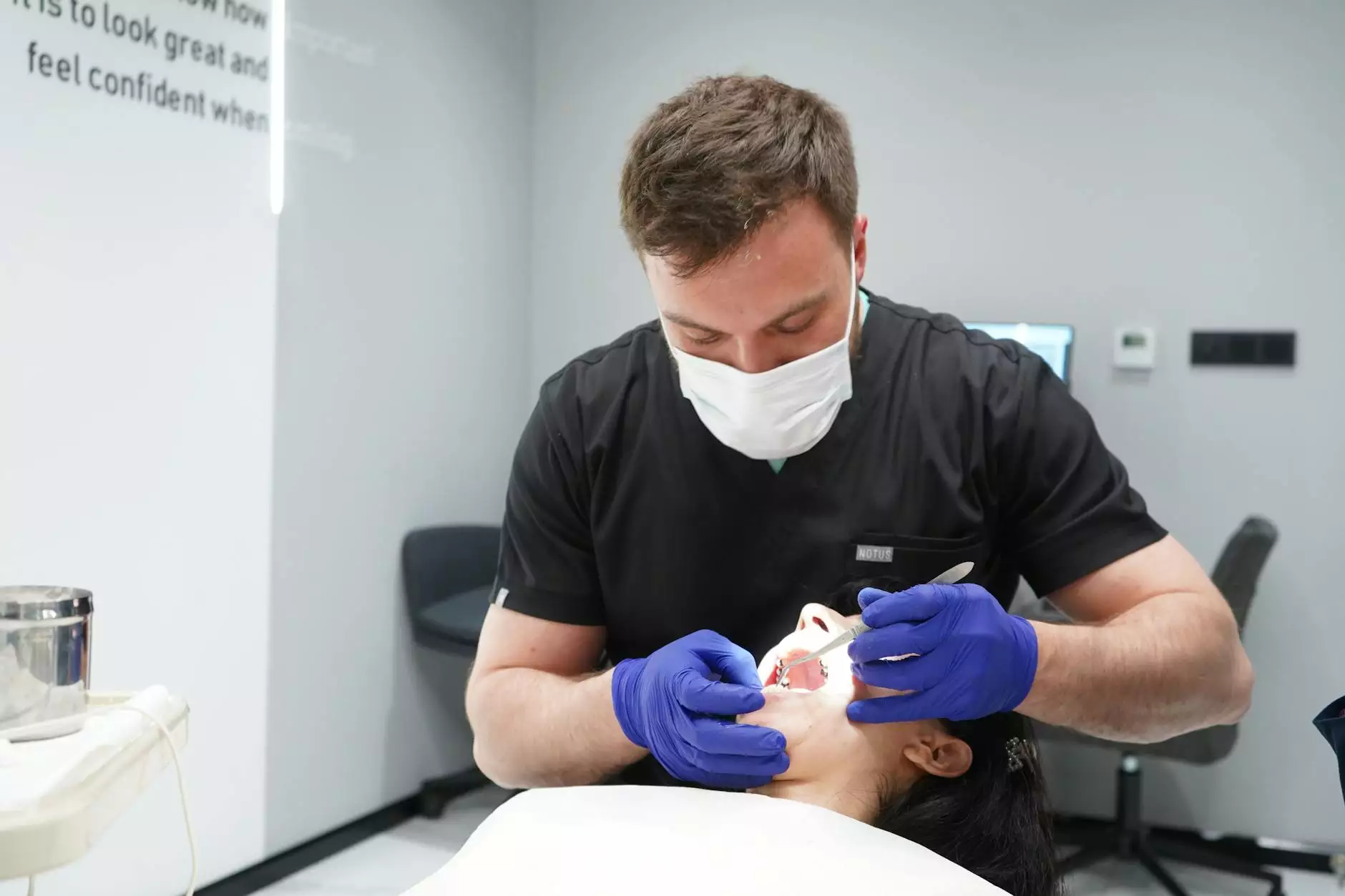Cancer Specialists: Pioneers in Oncological Care

The landscape of cancer treatment is continually evolving, thanks to the unwavering dedication and expertise of cancer specialists. These medical professionals are at the forefront of advancing our understanding of cancer, offering tailored diagnoses and treatments that significantly improve patient outcomes. This article delves into the essential roles and responsibilities of cancer specialists, highlights the importance of access to quality oncological care, and provides insights into the future direction of cancer treatment advancements.
Understanding the Role of Cancer Specialists
Cancer specialists, commonly known as oncologists, are physicians trained specifically in the prevention, diagnosis, and treatment of cancer. Their expertise is often segmented into various subspecialties, including:
- Medical Oncologists: Focus on the treatment of cancer using chemotherapy, hormonal therapy, and immunotherapy.
- Radiation Oncologists: Specialize in treating cancer with radiation therapy.
- Surgical Oncologists: Perform surgeries to remove tumors and cancerous tissues.
- Pediatric Oncologists: Treat children with cancer, focusing on their unique needs and treatment approaches.
- Gynecologic Oncologists: Specialize in cancers of the female reproductive system.
Regardless of their specialization, a common goal unites all cancer specialists: to increase the likelihood of recovery and improve the quality of life for patients battling this formidable disease. They achieve this through a multidisciplinary approach, working closely with other healthcare professionals, including nurses, radiologists, pathologists, and support staff.
The Importance of Early Detection
One of the most significant contributions of cancer specialists is their emphasis on early detection. Many types of cancer are treatable and even curable when identified in their initial stages. Cancer specialists advocate for routine screenings and are adept at recognizing risk factors associated with various types of cancer.
Screening Recommendations
Recommendations for cancer screenings vary based on age, gender, and family history. Here are some common guidelines provided by cancer specialists:
- Breast Cancer: Women should begin annual mammograms at age 40, or earlier if they have a family history of breast cancer.
- Cervical Cancer: Routine Pap smears are recommended for women starting at age 21.
- Colorectal Cancer: Both men and women should start screenings at age 45.
- Prostate Cancer: Men should discuss screening options with their doctor starting around age 50.
Enhanced awareness and education about cancer are crucial in fostering a proactive approach to health, leading to earlier intervention and significantly better patient outcomes.
Latest Advances in Cancer Treatment
The field of oncology is dynamic and rapidly progressing. Cancer specialists are continually learning and adapting to new findings, technologies, and therapies that enhance cancer care. Some of the most promising developments include:
Targeted Therapy
Unlike traditional chemotherapy, which attacks all rapidly dividing cells, targeted therapies focus specifically on cancer cells by homing in on certain molecules that are overproduced or altered in these cells. This targeted approach minimizes damage to normal cells and reduces side effects, leading to improved patient experiences during treatment.
Immunotherapy
Immunotherapy leverages the body's immune system to fight cancer. By supporting and enhancing the immune response, cancer specialists can help patients achieve favorable outcomes that were previously unattainable. Examples include checkpoint inhibitors, CAR-T cell therapy, and monoclonal antibodies.
Personalized Medicine
The future of cancer care lies in personalized medicine, where treatments are customized according to the genetic profile of the patient and the biology of the tumor. Cancer specialists are increasingly using genomic testing to determine the best treatment options tailored to individual patient needs.
Accessing Comprehensive Cancer Care
Access to specialized care is paramount in enhancing patient outcomes. Hospitals and clinics are adapting to improve accessibility through various initiatives, including:
- Telemedicine: Expanding access to cancer specialists for remote consultations, helping patients bypass geographical barriers.
- Multidisciplinary Care Teams: Establishing collaborative care networks that facilitate comprehensive treatment plans involving multiple specialists.
- Patient Navigation Programs: Providing support and guidance for patients through the complex healthcare system, alleviating fears and improving adherence to treatment protocols.
- Community Outreach: Engaging with local communities to raise awareness about cancer prevention and the importance of screenings.
Supporting Patients and Families
Beyond medical treatment, cancer specialists recognize the need for holistic support that extends to the emotional and psychological well-being of their patients and families. This includes:
- Counseling Services: Offering psychological support to help patients cope with the emotional burden of cancer.
- Support Groups: Facilitating peer support where patients can share experiences, fostering community and understanding.
- Educational Resources: Providing materials and sessions that equip patients and families with knowledge about cancer and its treatment.
The Future of Cancer Treatment
As research continues to advance, the future of cancer treatment points toward even more effective therapies with fewer side effects. The role of cancer specialists will remain critical in translating these advancements into clinical practice, benefiting patients worldwide. Innovative therapies, such as gene editing and nanotechnology, are on the horizon, promising to revolutionize the treatment landscape.
Conclusion
In conclusion, the work of cancer specialists is vital in the fight against cancer. Their extensive knowledge, technological advancements, and patient-centered approaches pave the way for improved outcomes and hope for many. As oncology continues to evolve, the collaboration between cancer specialists and patients, along with ongoing advancements in research and treatment, will undoubtedly enhance the efficacy of cancer care and, ultimately, patient survival rates.
For those seeking expert care or more information about cancer treatment options, visiting reputable organizations and resources is a crucial step toward gaining knowledge and accessing necessary care.






